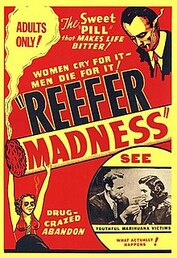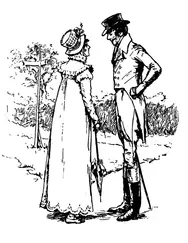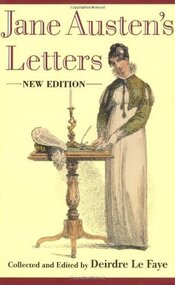| This blog explores social attitudes in Jane Austen's time, discusses her novels, reviews forgotten 18th century novels, and throws some occasional shade at the modern academy. The introductory post is here. My "six simple questions for academics" post is here. |

Olivia is the illegitimate daughter of an enslaved woman and a plantation-owner. This sounds like a pretty serious bar to admittance in "good" society. But she is also heiress to 60 thousand pounds, three times more than Mary Crawford had in Mansfield Park, and ten thousand more than Miss Grey had in Sense and Sensibility. Further, we should not be surprised to learn that Olivia’s mother was “majestic,” beautiful,” “sprung from a race of native kings and heroes,” and a convert to Christianity.
Once you know Olivia’s mother is descended from African royalty and she's an artless and confiding Christian girl in love with a white man, and if you know your 18th century tropes, you will know she's dead: “In giving birth to me she paid the debt of nature and went down to that grave, where the captive is made free!”
This is an epistolary novel, so the voice you hear is Olivia Fairfield, writing to her “earliest and best friend," her governess Mrs. Milbanke. Let's hope the ship she's sailing on has fewer holes in its hull than this book has plot-holes, the first one being: If Mrs. Milbanke is a governess, why doesn't Olivia just pay for her to come along on the voyage? She really does need a respectable older escort in a situation like this. But of course Mrs. Milbanke is a device for exposition, not a character in the novel.







 RSS Feed
RSS Feed